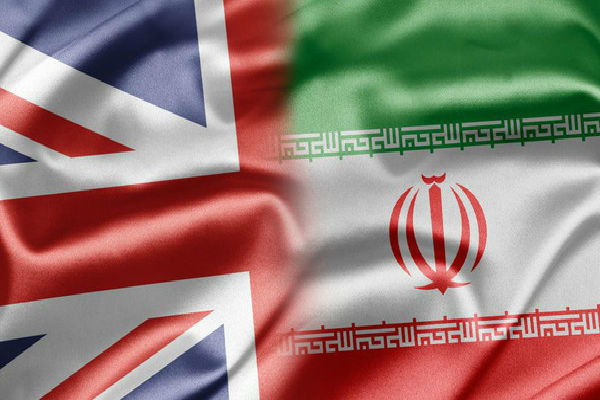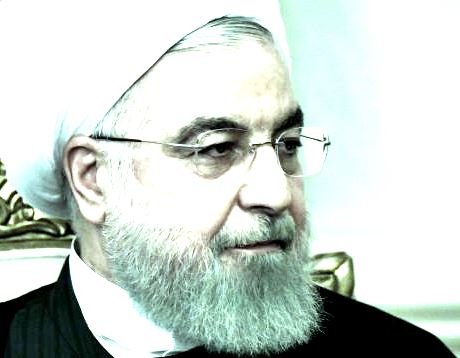
The PM has said that the UK might have to get involved in some form of military action against Iran if they do not stop interfering in other nation’s affairs either directly or indirectly (using proxy forces such as the Houthi in the Yemen).
This is of course a direct result of the recent attacks on the Saudi oil installations, but also a good excuse to issue a direct warning after the British-flagged tanker was taken in the Strait of Hormuz. In a briefing to journalists he clarified the UK’s current view of recent events:
“I can tell you that the UK is attributing responsibility, with a very high degree of probability to Iran for the Aramco attacks. We think it very likely indeed that Iran was indeed responsible for using both UAVs, both drones and cruise missiles. Clearly the difficulty is, how do we organise a global response? What is the way forward?
And we will be working with our American friends and our European friends to construct a response that tries to deescalate tensions in the Gulf region. We will consider in what way we could be useful if asked and depending on what the exact plan is.’
When the first reports of Houthi “drones” first emerged after the oil strikes, it seemed a little odd that they could have been used in the way being suggested as they have neither the range nor precision-strike capability (or payload) to have achieved that level of destruction. Indeed, if they had been flown from the Yemen they would have been picked up by Saudi radar systems. It was always far more likely that the real weapons were cruise-missiles which fly “slow and low” under the radar, and which have very accurate guidance systems.
One other possible way that an attack might have been carried out could have been by teams of drone-operators located quite close to the refineries. If this were the case, then it might have been that the drones were intended to disguise the use of the cruise missiles – though as anyone in the Forces will probably be aware, explosions rarely “vaporise” metal components and the evidence pointing to a specific missile type would have been strewn all over the place after the event.
It is unlikely that the UK would do anything that was not coordinated and endorsed by the UN, and with the US in some of lead role. After the seizing of the Iranian tanker off Gibraltar, Britain learned once again that it is always a costly exercise to act “unilaterally” against a regime of the type running Iran. Far better to act in concert with others to reduce the likelihood of specific acts of retribution.

Iran is reckoned by some experts to be on the edge of bankruptcy. However, as history tells us, it is at these times that dictatorial leaders turn to outside threats to justify extreme domestic measures to maintain their control of the population.
That said, Iran is not a “little country”; it is a nation with a long and sophisticated cultural history. Notwithstanding the declared intent of their religious leaders to remove Israel from the face of the planet, perhaps more sophisticated heads will prevail and cause them to stop and consider whether it is really worth the candle to upset so many other countries.

Comments on PM does not rule-out military involvement in Iran